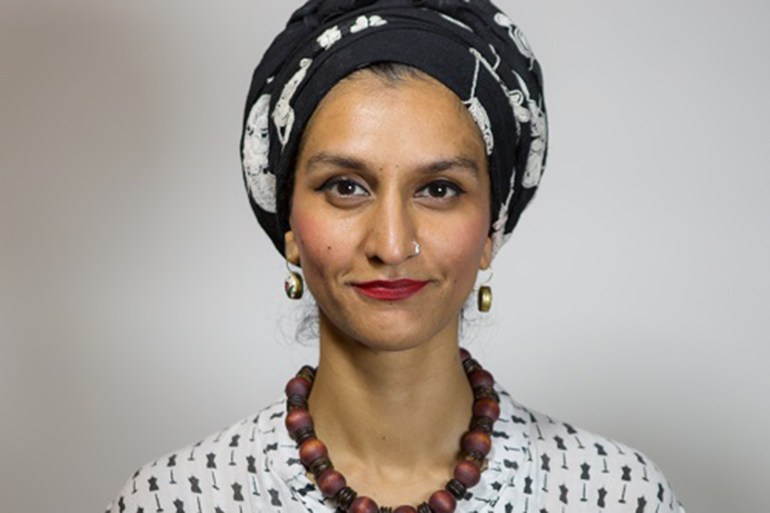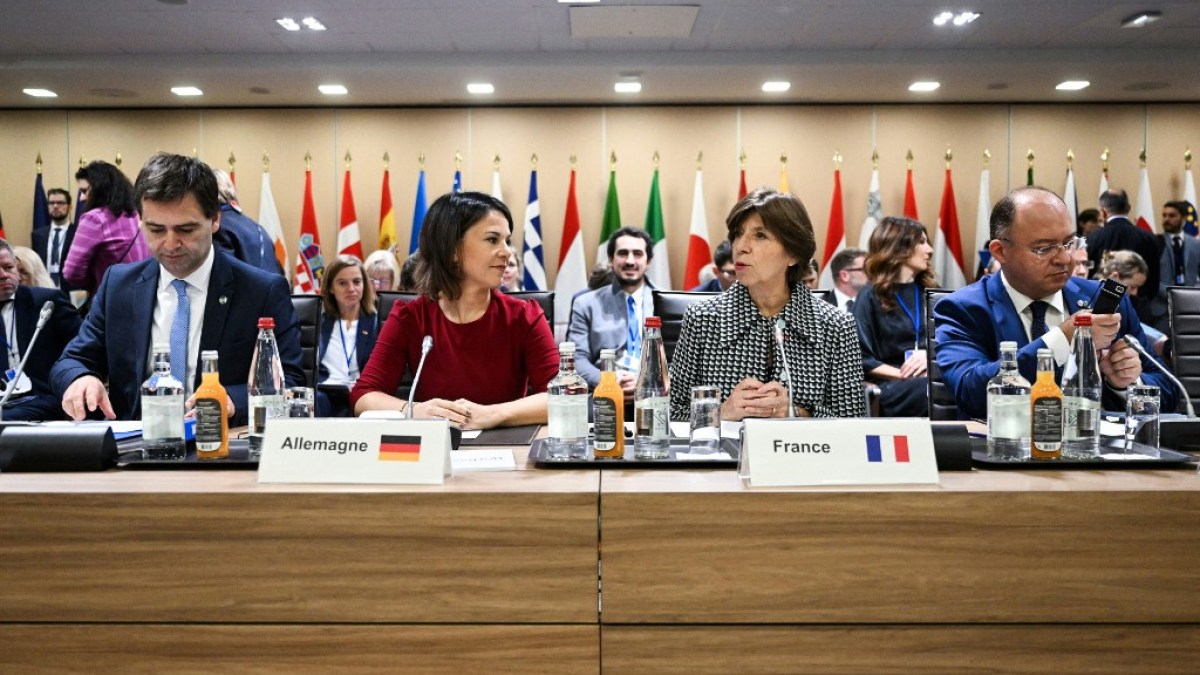Another Pakistani film tackling patriarchy to premier in France | Cinema News
Pakistani cinema is returning to the French Riviera for a second consecutive year.
Canadian Pakistani filmmaker Zarrar Kahn’s debut feature film, In Flames, is set to have its world premiere next month at Quinzaine des Cinéastes (Directors’ Fortnight), an independent selection that runs parallel to Festival de Cannes (Cannes Film Festival) in France.
Last year, Saim Sadiq’s Joyland became the first Pakistani film to have its world premiere in the Un Certain Regard section of Cannes Film Festival. It also won the Jury Prize and the Queer Palm award.
In Flames is among 20 feature films and 10 shorts featured in the parallel section that was launched in 1969 as Quinzaine des Réalisateurs and is overseen by Société des Réalisateurs de Films (French Directors’ Guild). The event will be held from May 16 to May 27.
According to Kahn, the first Pakistani film to play in the Directors’ Fortnight was Jamil Dehlavi’s The Blood of Hussain (1980). The film that touched upon the theme of state oppression was subsequently banned in Pakistan by then military ruler, General Zia ul-Haq.
In Flames marks the return of Pakistan to the Directors’ Fortnight after 43 years.

Zarrar Kahn is a pseudonym of the filmmaker previously known as Hamza Bangash. Often cited as one of the most exciting young filmmakers in Pakistan, his short films – Dia (2018), 1978 (2020), Stray Dogs Come Out at Night (2020) and Bhai (2021) – have won acclaim at several international film festivals.
‘Reality can be scarier than imagination’
According to Kahn, In Flames – a Canadian-Pakistani co-production – is also the first South Asian “horror” film to have been picked by Directors’ Fortnight.
A personal favourite, he said he appreciates the genre for the “shared cathartic experience it can create in the audience”, and how it can champion feminism and give agency to female characters in hypermasculine contexts.
The filmmaker said he believes the genre can also be a powerful tool for South Asian filmmakers to explore their lived realities, mythologies and folklore.
In Flames finds him mixing real-life nightmares of patriarchy with phantasmal forces.
“Reality can be scarier than imagination,” says Kahn.
At the centre of the film is a mother and daughter (Fariha and Mariam), who are dealing with loss and grief after the death of the family head. It is about resilience and the spirit of survival in women and how they find strength in each other while battling malevolent forces surrounding them.

“With In Flames I mean to explore the consequences of living in the confines of a fiercely patriarchal society, to illuminate the psychological impact of gendered oppression and the horror of being young and in love in Pakistan, to know the legacy of familial violence, and the desire to break free from the ghosts of our past,” writes the 32-year-old filmmaker in his director’s statement.
Kahn weaves pressing social concerns into the narrative, like the “weak and manipulable” women’s property rights and the “murky” legal system in Pakistan.
The process of research and development for the film was a long and collaborative one, inspired by the experiences of several female friends and acquaintances who shared their stories with Kahn.
The film was shot in 25 days in Karachi, Pakistan’s largest city, in February last year. Newcomer Ramesha Nawal faces the camera for the first time as Mariam, and Bakhtawar Mazhar returns from Dia to play Fariha. It also features veteran character actor Adnan Shah Tipu in a key role.
Kahn, along with producer Anam Abbas, then travelled to Marche du Film (Cannes Film Market) last year with a 10-minute excerpt from the shoot, to look for finishing partners and co-producers.
As with all his shorts, In Flames is set in Karachi, Kahn’s home city where he was born, grew up, a place he chose to leave for Canada, yet keeps returning to. “Karachi will always be my muse. I have shown how I feel about it in the film. A city you can love and hate easily,” he says.
In Flames was produced with the support of Canada Council of the Arts and the participation of Telefilm Canada’s Talent Fund programme and is the first film from the microbudget initiative to make it to Cannes.
There is much talk these days about the revival of Pakistani film and In Flames is being seen as another step in that direction. Kahn thinks this conversation keeps coming to the fore and rues the fact that, unlike neighbouring India, Pakistan lacks a proper system of archiving and organisations such as India’s National Film Development Corporation (NFDC) to sustain the industry.
“Given the fragmented nature of Pakistan’s contemporary film industry, I wish that more filmmakers look to our history and honour those who trail-blazed before us,” he says.
He also thinks the world should see many more films from Pakistan, India, Nepal, Bangladesh and Sri Lanka. “South Asian cinema has so much to offer,” he says.




